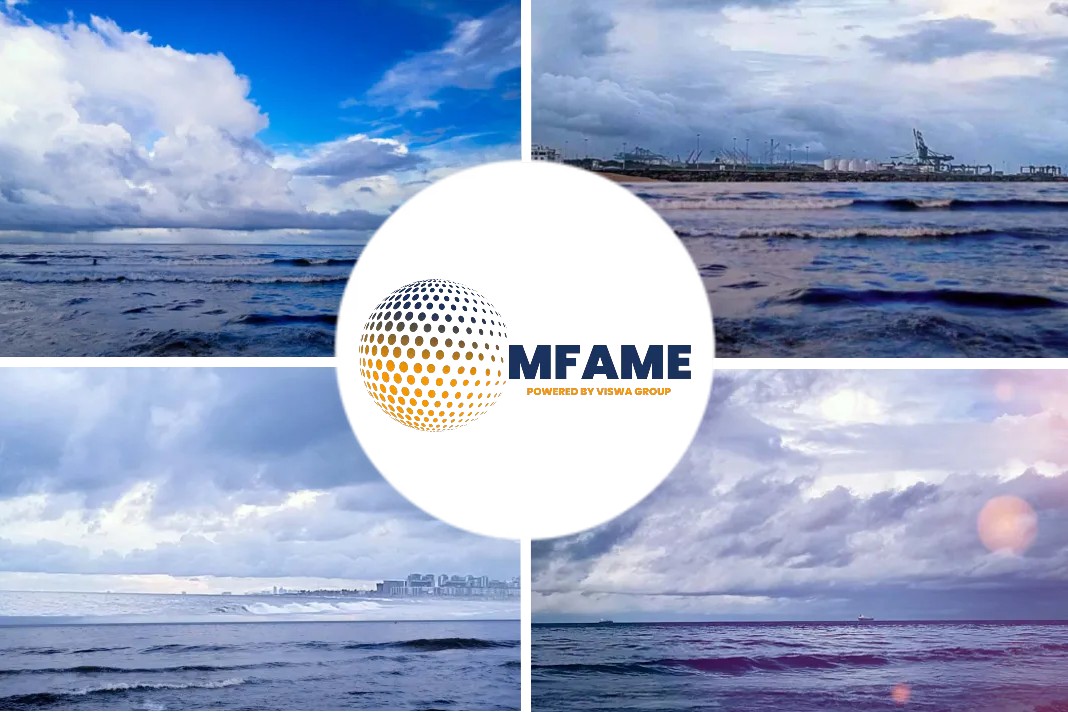- Russia’s refining sector will focus on increasing output and implementing state-directed measures in 2022 to mitigate “exceptional” seasonal price surges in oil products.
- Gasoline, diesel demand recovers to exceed pre-pandemic levels foreign travel restrictions may further drive domestic demand in 2022.
The unusual strong domestic demand for gasoline and diesel since last summer was driven by an increase in domestic tourism due to restrictions on international travel amid the coronavirus pandemic. Thus, Russia’s refining sector will focus more on increasing output to alleviate high seasonal price surges in oil products, reports S&P Global Platts.
“The past year was exceptional in the context of demand for oil products in the summer season,” Sergei Kaufman, an analyst at the Finam investing group.
The Surge in Demand and Price
Gasoline
Domestic deliveries of gasoline in January-November 2021 were 4.7% higher than the same period in 2019 at 33.3 million mt, according to energy ministry data.
At the same time, lengthy refinery turnarounds, which saw works at a number of refineries overlap and continue longer than planned meant supply struggled to keep up with the rise in demand. As a result, gasoline prices at the pump surged faster than inflation, increasing by 9.3% since the beginning of 2021, according to Rosstat data.
Diesel
Similarly, diesel supplies were 4.0% higher than the pre-pandemic level at 35.9 million mt, and the prices have been on the rise since September, when the switch to grades with more stringent cold properties started, with the energy ministry instructing refineries to increase output to avoid shortages during the peak winter period.
“The factor of growing domestic tourism reached its peak in 2021, when international travel during the holiday season was extremely limited. Partially because of this, the demand for oil products in the past year has already exceeded the pre-pandemic level,” Kaufman said.
“In 2022, wider approval of Russian vaccines overseas and increasing international travel will only slightly reduce domestic demand for oil products,” he added.
Government Damping Mechanism
To help regulate domestic markets, the Russian government is preparing further amendments to the so-called damping mechanism, as more price surges are expected in the new year when both the excise duty and the indicative price are used for calculating the damping mechanism are set to rise.
In addition, Russia is looking at a gradual increase in the obligatory minimum volumes oil producers are required to sell on the St Petersburg International Mercantile Exchange floor. Currently, minimum gasoline volumes are set at 11% of output and diesel volumes at 7.5%.
“The issue of minimum sale volumes on the exchange should be solved dynamically. If there is a surge in demand, it should be increased, because this is one of the effective methods of curbing spot prices for gasoline and diesel,” Kaufman said.
As the Russian energy ministry expects domestic demand to increase even further in the near future, it hopes fuel supplies will rise in the wake of refinery upgrades.
In 2021, the energy ministry agreed on investments for upgrades at 14 Russian refineries, aimed at increasing output of gasoline and diesel. The measures to encourage upgrades are also aimed at smaller refineries.
“All these measures being taken… allows us to hope that we will be able to keep the situation within the predicted inflation in 2022,” the deputy head of Russia’s Federal Antimonopoly Service Vitaly Korolev Concluded.
Did you subscribe to our daily Newsletter?
It’s Free! Click here to Subscribe
Source: S&P Global Platts

















